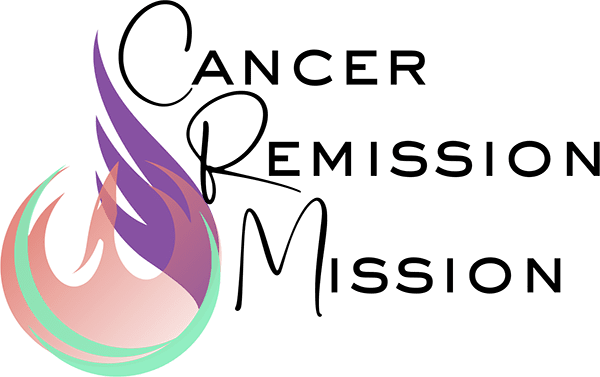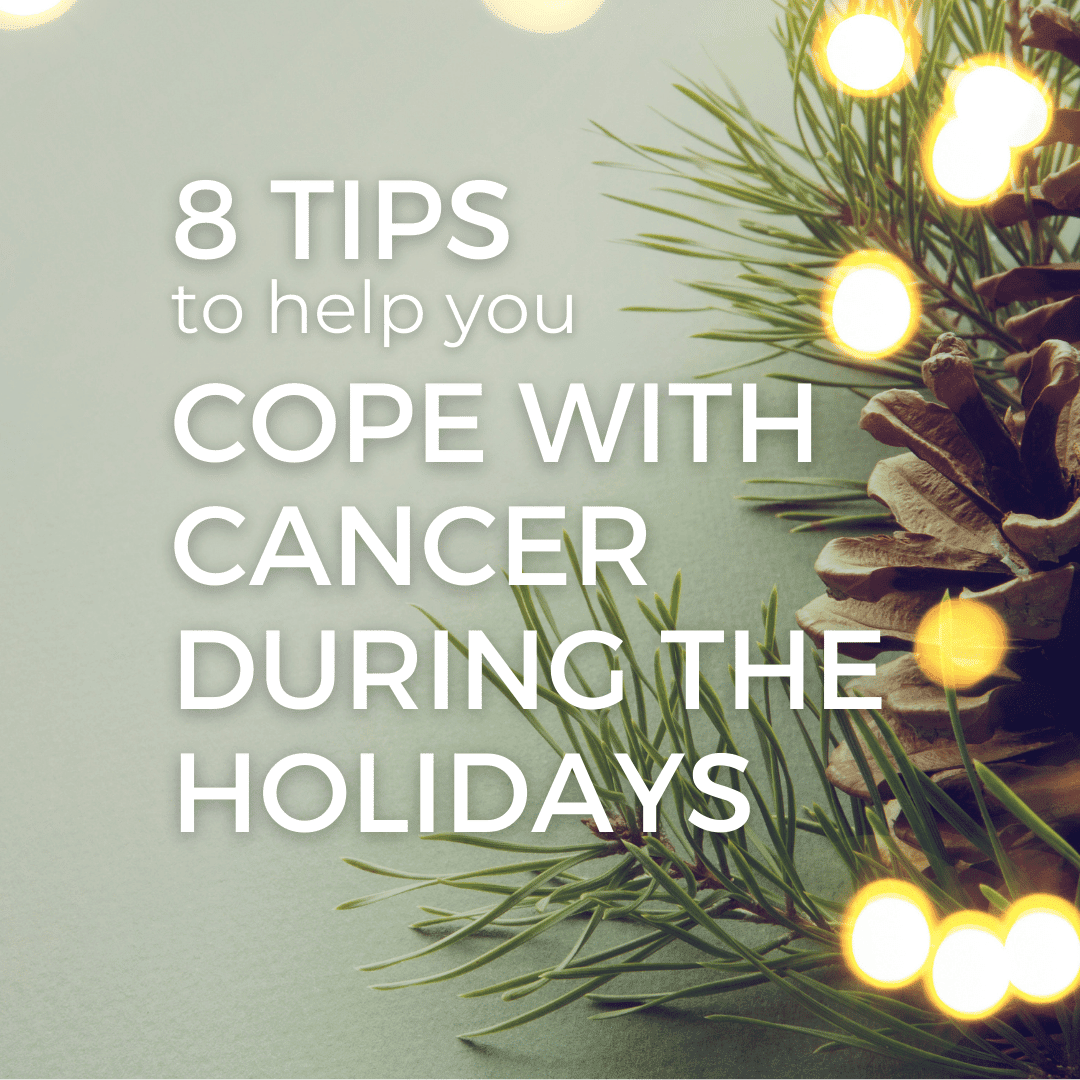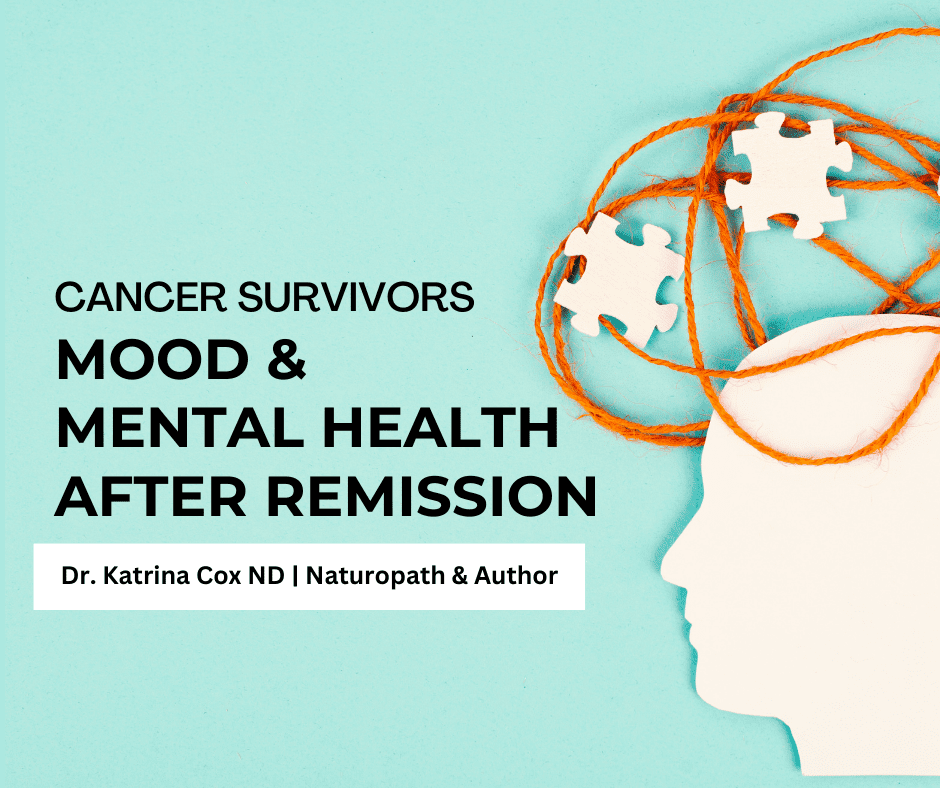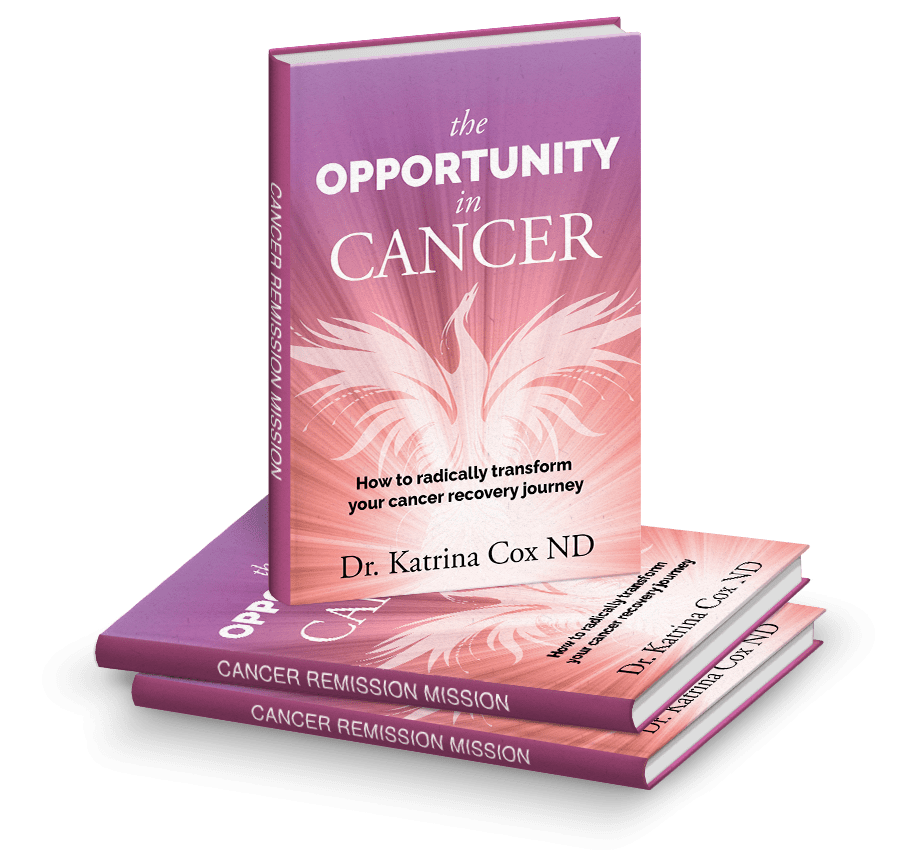In this blog series, we’ve talked about identifying stress and healing stress in cancer recovery. Now is the task of not taking on unnecessary stress, so that we can transition to and maintain a thriving state.
Both mental and physical stress responses can create overwhelm and muddle our ability to think clearly. Add in the complexities of navigating cancer treatment and cancer recovery, and it can be hard to stay clear and confident in the decisions that we’re making.
The decisions about simple things, like what food to put in our body, or when to go back to work, can feel like big ones with stress levels.
The reality is that we are faced with a million decisions every day. This is why stress can really hold us back. It stops us from living life the way we truly desire, and instead leaves us bogged down by things that overwhelm us.
So, how do we move out of this state? How do we avoid creating overwhelm for ourselves?
It is all a matter of simplifying and taking a hard look at the things that are not serving us.
Less is more!
I had a man come to my office once for his first visit with the 40 supplements he was taking. He walked in with 40 different bottles!
We spent the time going through why he thought they were important. I asked him a simple question – “Do you really want to take all of this?” His response – “No, it’s absolutely overwhelming, but I’m gonna do everything in my power to make sure my cancer doesn’t come back.”
With that statement, we had more information about his fundamental desires, which in turn helped us in creating a better care plan. He wanted to prevent recurrence and he didn’t want a complicated supplement regimen, but at that moment, those two things were not working together.
It is important to determine our “why”. Understanding this will help us make decisions that are more aligned with our individual goals.
Filtering Out The Noise
One of the things that I talk about with patients is having some sort of guideline to be able to filter out the noise. We are bombarded by information and advice everyday, especially when it comes to our health and with cancer. There will always be newspaper articles, new research, as well as information shared with us from well-meaning relatives. It can be tricky to know what to listen to and what to ignore.
To help navigate all of this information I use something called the SMART Principle.
You’ve probably heard about the SMART acronym related to goal setting. I’ve altered it though to be used in decision making specifically related to one’s health.
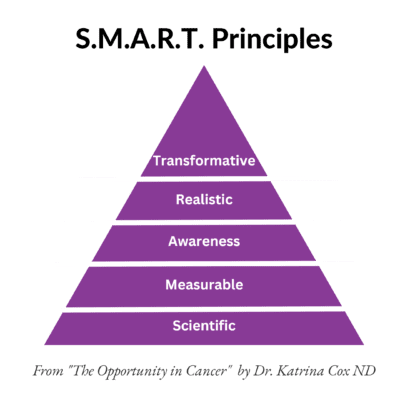 S – Science – If someone’s recommending something, is there some science to back it up?
S – Science – If someone’s recommending something, is there some science to back it up?
M – Measurable – Is there a measurable outcome? Is there some way for us to see if there’s an actual change to your health from using this information?
A – Aware – Are you aware of and understand how the information helps your health and how it improves your cancer recovery journey?
R – Realistic – Is it realistic for you to integrate this information into your life without compromising something else? For example, if somebody tells you that you should eat a vegan diet, and you are not in charge of your food, and you grew up on a meat farm, is that going to be realistic for you to be able to follow a vegan diet all the time?
T – Transformative – Is it truly transformative? Is the intent of the information or advice to change something for you for the better? Or in other words, do the pros outweigh the cons? This extends not only to making decisions about cancer and cancer treatment, but to the decisions you make in the cancer recovery process too.
Social Media: Information or Noise?
A recent study, looked at the emotions displayed publicly about cancer on social media, and how it impacts people and their decision-making. I believe that knowledge is power, but it is only powerful if we know how to sift through it and make it relevant for ourselves. We are bombarded by an overwhelming amount of information on social media, paired with commentary on individual stories and the publics’ emotional response, which varies based on the type of cancer, stage, treatment type, age and symptoms. It is A LOT!
Because of this, we really need to have a strong strategy for filtering the information. In this study , they showed that one in five women in the US regrets their decisions based on treatment, and they were able to narrow this down. The reason why was that they didn’t fully grasp what decisions they were making. That’s because, in the cancer community, our decision-making is often really based on fear. Although our Oncologists and Specialists are experts in cancer care, they don’t always have a large amount of time to be able to make sure we’re fully understanding the decisions that we’re making.
Unfortunately, when we are under immense stress, sometimes we just surrender and allow the experts to do what they think is best for us. However, in the end we need to come from a place of empowerment, rather than fear and overwhelm.
So, how do we move beyond the chaos and stress?
1. We come back to the SMART principles each time we are faced with new information or a decision, and filter out the noise of everything that’s coming through.
2. Be reasonable in what we are taking on. Ask yourself – What can I achieve and how can I start with something small? If there is a goal of something that you would like to achieve, how do you start with small steps to get towards that? And what can you achieve originally?
3. Find a partner or a support person in your care journey that’s on the same wavelength as you. Someone like a Naturopathic Doctor, a friend or a family member. Somebody that understands that this process of recovering from cancer is not going to be straightforward, just going right from point A to point B. Someone that will understand that there are ups and downs that you will need to navigate. Someone that will have the ability to check in with you and be flexible and reasonable and be able to help you move forward.
It may feel like a big undertaking today, but it is possible to move beyond that stressed state, reclaim control over your health and start to thrive again. The 3 strategies are a great starting point for anyone, no matter where you are on your cancer journey, to help drown out the noise and stay focused on what is most important to you.
If you are interested in learning more about overcoming that survivor state so that you can be thriving in your life, be sure to get your copy of my book The Opportunity in Cancer.
